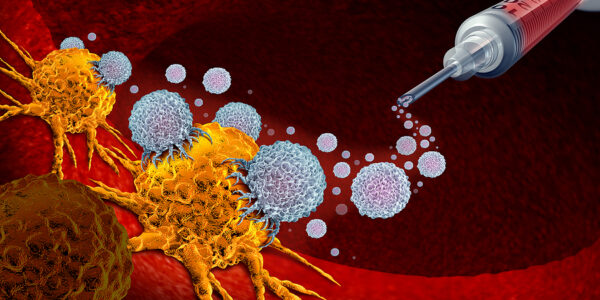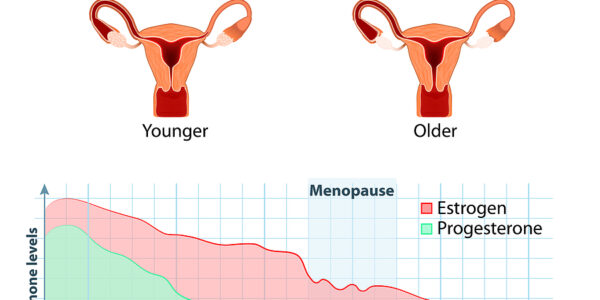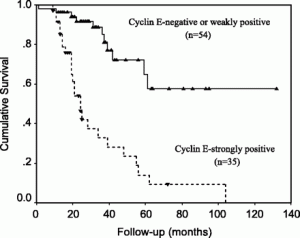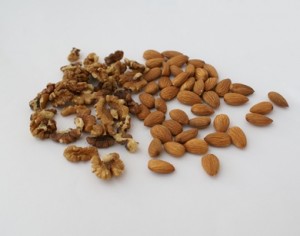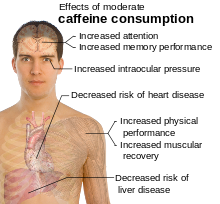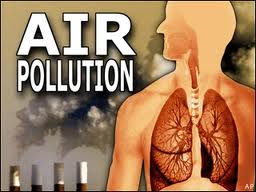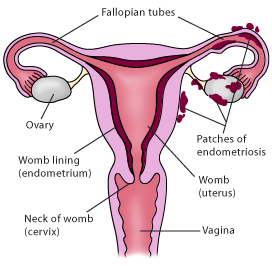Dr. Keyomarsi, a researcher and radiation oncologist from the M.D. Anderson Cancer Institute in Houston/Texas, has published a very important piece of research in the New England Journal of Medicine (N Engl J Med 2002;347:1546-1547,1566-1575). A group of 394 breast cancer patients were followed for 6.4 years and cyclin E was measured with a special blood test. Cyclin E is a key substance involved in cell division in general and also in breast cancer cells. Dr. Kyomarsi’s research showed that cyclin E, and in particular high levels of its socalled “truncated isoforms”, correlated very well with poor survival. On the other hand low cyclin E levels (truncated isoforms) were a powerful predictor for excellent survival. In the above mentioned breast cancer study 12 patients out of a group of stage 1 patients (= localized breast cancer) died after an average of 4.1 years from the point of diagnosis. All of these patients had high cyclin E levels. In contrast, none of the other stage 1 patients had died within 5 years from the diagnosis and all of their cyclin E levels were low. Other known risk factors for poor survival are lymph gland metastases, negative estrogen receptors on the surface of the cancer cells and late-stage disease. Each of those factors has a risk of about 1.7-fold. A high (truncated isoform) cyclin E level is associated with a 2.1-fold risk when compared to the low risk group with a low cyclin E level. There is a subgroup of breast cancer patients with high total cyclin E levels who have a risk of 13.3-fold of dying from breast cancer.
You may want to read these useful related links to chapters of my free Internet based Nethealthbook: A general overview regarding cancer: http://www.nethealthbook.com/articles/cancer_canceroverview.php#cancer This chapter deals specifically with breast cancer: http://www.nethealthbook.com/articles/cancer_breastcancer.php
Last edited December 10, 2012
